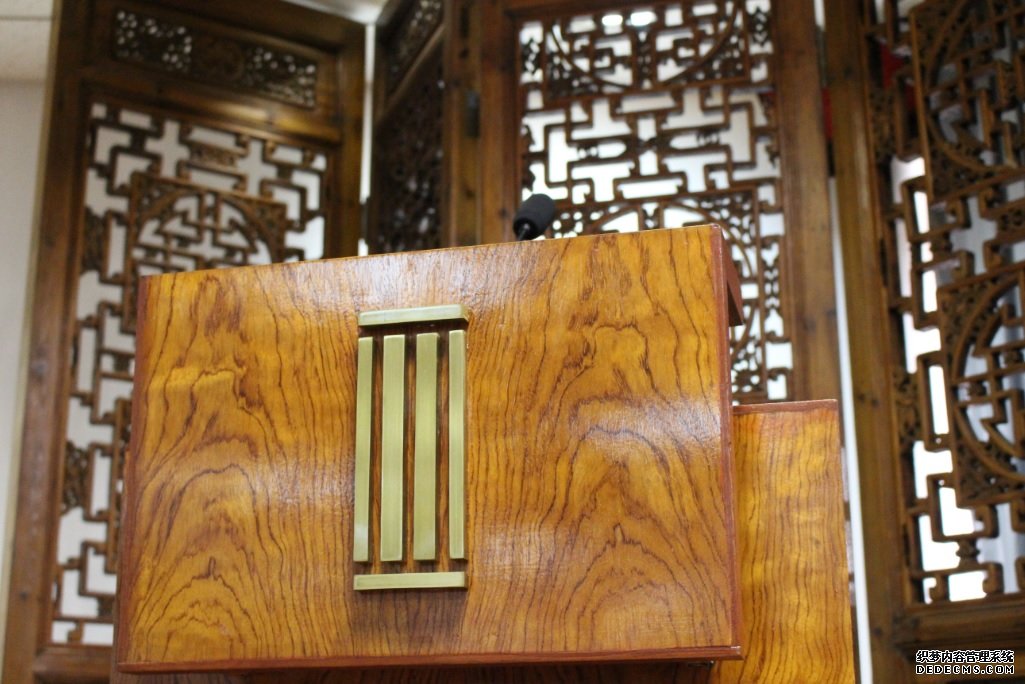
The International Institute of Macau - IIM - is a Macau founded and based institution, with portuguese matrix and a universalist scope.
It was conceived as a continuity service, loyal to the deepest of Macau's identity and vocation - to which it wants to contribute with new ways of projection and promotion.
Fruit of a complex creation that lasted four centuries, Macau became a metropole of convergencies and ecumenism, of different cultural and religious components. But it was the ability to operate its own cultural creations that allowed Macau to generate a particular identity and to be a factor of civilization.
Stage for the biggest exchange phenomenon known in history, between the European and Chinese universes, Macau was one of the pioneer centres of the unit of the world and the universal civilization.
Macau's strategical an historical importance comes from its specific role: an open door of universal exchange, Macau has a much bigger dimension than its own small geography.
IIM was, then, oriented to serve two purposes: the reinforcement of Macau's identity factors, and the continuity of Macau's factors of difference.
It shall orient its activity in order to culturally stimulate the creation of renewed synthesis and to reinforce the continuity of the western/european based civilizational model.
It is like this that IIM understands the execution of the SAR's constitutional act "one country, two systems", being mainly inspired in the cult and practice of the diversity and difference factors, here implanted throughout the centuries by the portuguese channel.
Strongly compromised with Macau and its communities, feeling its aspirations for development and future success, IIM opens itself to the world for a better service to Macau:
- To the communities of the Macanese diaspora spread by the five continents;
- To the countries and institutions of the great portuguese speaking universe;
- To the region os Asia-Pacific where Macau is inserted geopolitically;
- To Europe, with whom it shares a past and heritage.
Coherently, IIM was created by dozens of founding associates, Portuguese, Chinese, Macanese, people with prestige and with a file of public service paid to Macau - all in tune with the main vocation of diversity, opening, sharing, innovation and progress.
Made official in June 1999, IIM is a Non-Governmental Organization (NGO), juridically fit in the category of collective person with public utility, whose first social bodies were elected, in General Assembly, in December 1999.
Its facilities were prepared, throughout the first months of 2000, to receive and allow all the services for which IIM was created.
The International Institute of Macau performed the most adequate adaptations to its facilities in its offices in Macau to transform it into a structure of services, in order to make it practical, following the purpose of its creation.
The material adaptations and the purchase of equipment were performed under the guidelines of four fundamental strategic directions:
Contribute to the general cultural elevation and to the best technical and scientifical qualification of Macau's population;
Directly receive and support the populational mass of the Macau's secondary and superior education institutions, researchers, associations and colectivities, third age organisms, etc.
Provide the best conditions to the reception of co-organised seminars, conferences, lectures, video-conferences, courses, classes, workshops, etc.
Prepare spaces of research, reading and screening, through wide internet access and the creation of a virtual library where some important pieces of knowledge of our days will be available.
What is Macau?
Founded by the Portuguese in the Sixteenth Century, near a small fishermen's village, Macau was the first European commercial outpost in the Far East. Following an agreement between China and Portugal, Macau becam one of China's Special Administrative Region on the 20th December 1999.
The agreement predicts that Macau shall benefit from a high level of autonomy in all matters, except defense and foreign affairs, until 2050.
Macau's Special Administrative Region is directed by an Executive Chief of Staff, responsible before the People's Central Government and elected for a term of five years, by an electoral comittee, composed by 300 Macanese personalities.
Macau, has a population of 544 thousand people, and is located in the South of China, in the Pearl River Delta, about 60 km away from Hong Kong and 80 km from Guangzhou and has a total area of 29,2 square kilometers.
As a touristic destination, Macau has received nearly 22 million tourists in 2009, mostly from Hong Kong, Mainland China and Taiwan.
According to the official numbers, the gambling profits were around 120 383 million patacas (15 047 million dollars). Macau has 33 casinos that belong to the Sociedade de Jogos de Macau, Las Vegas Sands, Melco/PBL, Wynn Rsorts, Galaxy and MGM.
The Macanese traditional industries, namely clothing and textile, have been losing its importance in the territory's economic context.
Macau's exportations continue to target mostly the United States of America and European Union markets.
In july 2005, UNESCO decided to consider the historic center of Macau as World Heritage Site.





